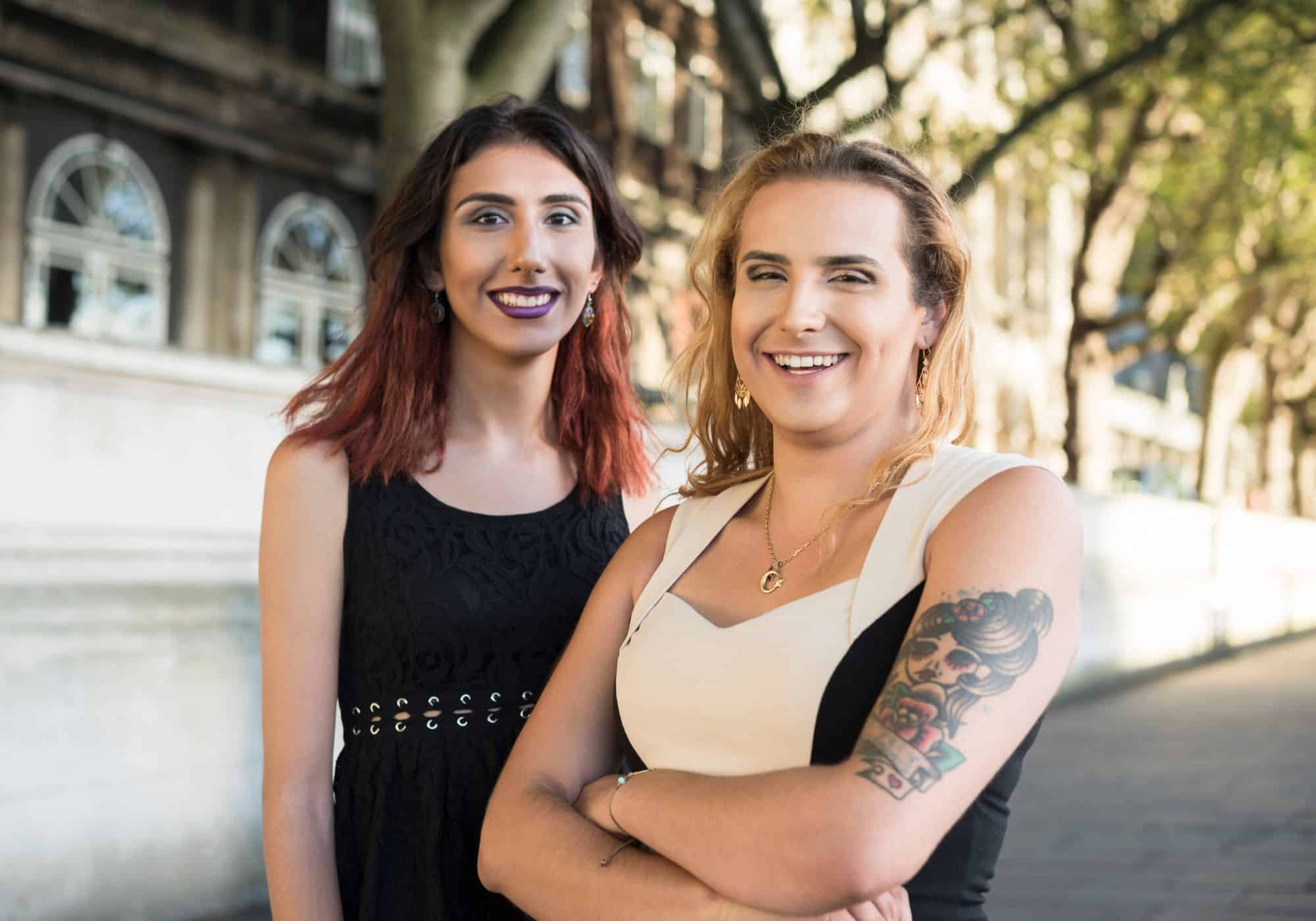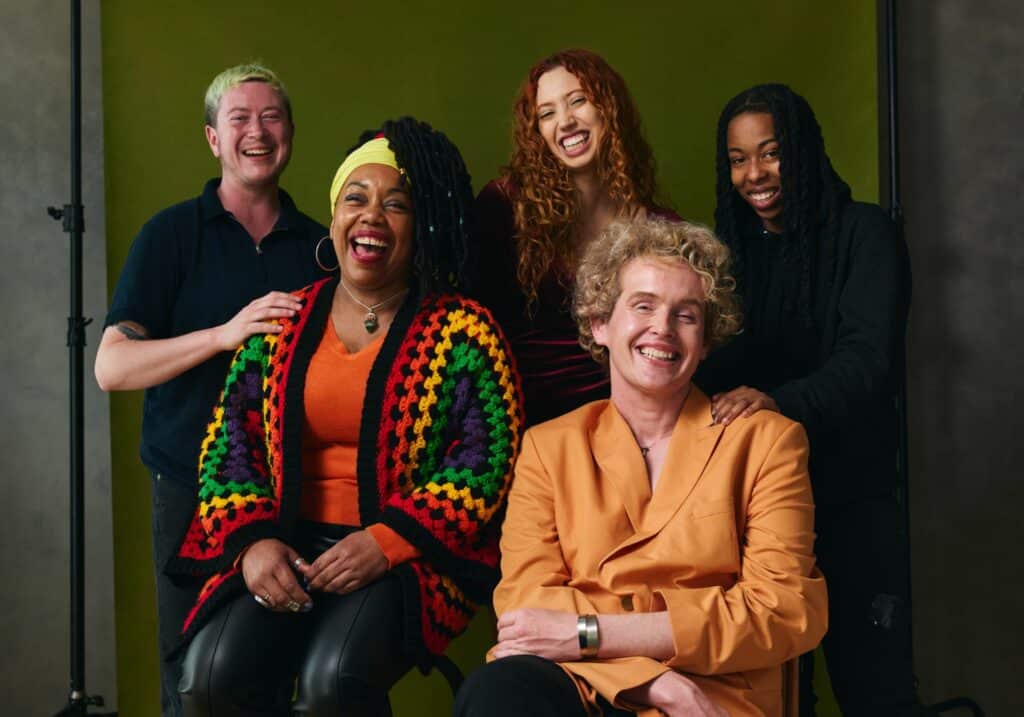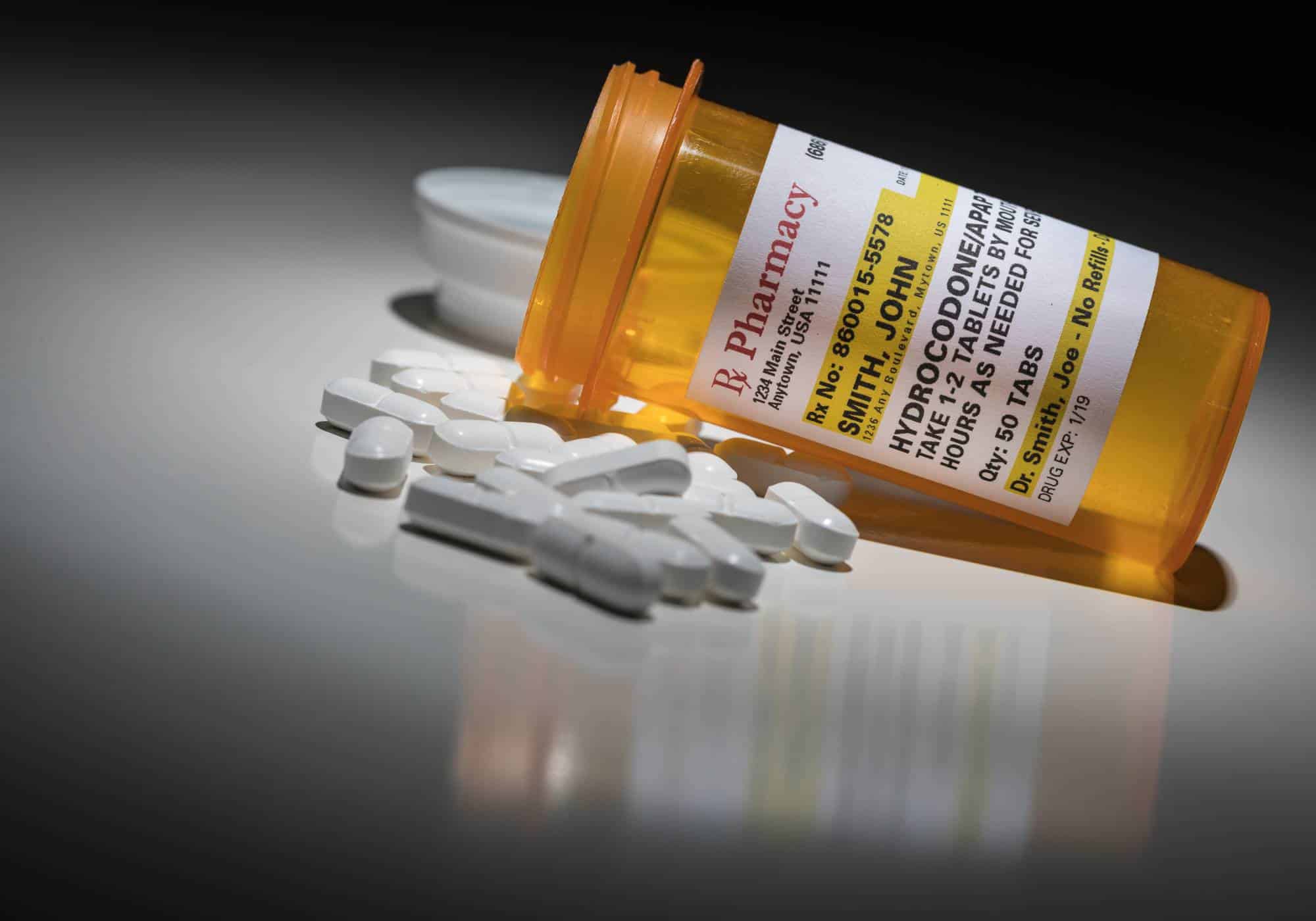Addiction knows no boundaries and impacts individuals from diverse backgrounds. However, studies indicate that the LGBTQ+ community experiences higher instances of substance misuse and related disorders compared to their heterosexual counterparts. The stigmatization and discrimination often faced by LGBTQ+ individuals can lead to substance use as a coping mechanism. Finding a treatment facility that resonates with your experiences, where both patients and staff comprehend your unique challenges, can significantly aid in your journey towards recovery.
A variety of treatment options are available, tailored to meet individual needs. These include detoxification, inpatient rehabilitation, outpatient services, medication-assisted treatment, and behavioral therapies. For those seeking to understand more about addiction in the LGBTQ+ community, explore LGBTQ+ addiction treatment, or find LGBTQ+ drug rehab and treatment services, further information is readily available. This inclusive approach to addiction treatment is crucial in providing effective and empathetic care for members of the LGBTQ+ community.
Addiction Within the LGBTQ+ Community
The LGBTQ+ community, encompassing diverse sexual orientations and gender expressions, includes individuals identifying as lesbian, gay, bisexual, transgender, queer, questioning, intersex, asexual, and more. Addiction within this community is not a moral failing but a treatable disease, best managed with evidence-based therapeutic interventions. Specialized LGBTQ+-specific rehab programs are crucial, as they address the unique challenges of stigma and discrimination, creating a supportive environment for healing and recovery.
Research indicates that substance use and misuse are notably higher in the LGBTQ+ community compared to the general population. This includes increased rates of alcohol and drug use, often persisting into later life. In 2020, it was found that 34.2% of adults in the LGB community aged 18 or older had a substance use disorder. Among those with addiction, 59.7% struggled with illicit drugs, 63.8% with alcohol use, and 23.5% faced challenges with both.
Several factors contribute to the heightened risk of substance misuse and addiction in the LGBTQ+ community. Individuals in this group often endure targeted negativity, discrimination, and challenges not commonly faced by the heterosexual population. These include:
- Social stigma and discrimination related to sexual orientation.
- Experiences of harassment, violence, hate crimes, and emotional abuse.
- Rejection from family or friends.
Many LGBTQ+ individuals turn to substances as a form of self-medication, seeking temporary relief from depression, anxiety, or anger. Over time, this coping mechanism can develop into addiction, underscoring the need for understanding, specialized treatment approaches within the LGBTQ+ community.
LGBTQIA+ Addiction Statistics
The addiction landscape within the LGBTQ community is illuminated by several key statistics, underscoring both the scope and severity of substance use issues in this demographic:
- LGBT adults report more than double the rate of drug use in the past year compared to their heterosexual counterparts, with 39.1% of LGBT adults versus 17% of heterosexual adults.
- Gay men are identified as having a notably higher risk of methamphetamine use compared to other groups.
- The rate of injection drug use among transgender people is significantly high at 22%, which is greater than that in non-transgender populations.
- About 27% of transgender individuals who inject hormones as part of gender-affirming therapy obtain these hormones from non-medical sources, including friends, family, or underground markets. Of these individuals, approximately one-third resort to non-medical sources for hormone acquisition.
These statistics highlight the urgent need for specialized addiction treatment and support services tailored to the unique experiences and challenges faced by the LGBTQ community.

Substance Abuse Trends Among Gay and Bisexual Men
Within the diverse spectrum of the LGBTQ community, gay and bisexual men encounter unique challenges related to substance abuse. This group particularly faces a heightened risk of engaging in the misuse of certain substances, influenced by various factors including societal pressures and community norms.
Research has consistently shown that gay and bisexual men are more likely to abuse illicit drugs. Among the substances more commonly misused within these groups are:
- Methamphetamine
- Amyl nitrates (commonly referred to as “poppers”)
- Ecstasy (MDMA)
- Cocaine
- Various other stimulants
Additionally, the Centers for Disease Control and Prevention (CDC) highlights that LGBTQ men are particularly vulnerable to alcohol abuse. Often, the consumption of alcohol is a coping mechanism to deal with societal stigma or internalized challenges related to their sexual orientation.
Understanding these patterns, therapy programs catering to LGBTQ individuals, specifically gay, bisexual, and queer men, play a crucial role. These programs offer tailored treatment in a supportive and understanding environment, focusing on the specific nuances and needs of these communities. They aim to address not only the addiction but also the underlying factors contributing to substance use, facilitating a comprehensive and effective recovery process.
Substance Abuse Concerns Among Lesbian, Gay, and Bisexual Women
Women within the LGBTQ community, encompassing those who identify as lesbian, gay, or bisexual, often face distinct challenges regarding substance abuse. Research indicates that these women are particularly prone to alcohol misuse. Moreover, they tend to consume alcohol more frequently, in larger quantities, and over extended periods compared to their heterosexual counterparts.
Lesbian, bisexual, and gay women not only grapple with the general issues associated with alcohol abuse but also contend with additional layers of complexity. These complexities often stem from personal and societal factors unique to their experiences within the LGBTQ community.
Recognizing these specific challenges, certain rehabilitation facilities, like Banyan Detox Stuart, offer specialized substance abuse treatment programs. These programs are tailored for the LGBTQ community, focusing on the unique experiences and issues that lesbian, gay, and bisexual women face. After undergoing medical detoxification for alcohol, patients can transition into LGBT-specific treatment tracks. These tracks are designed to comprehensively address both the personal and social elements that have contributed to their substance abuse, paving the way for a more effective and nuanced recovery process.
Addressing Substance Abuse in the Transgender Community
The transgender community, often facing significant marginalization, encounters unique challenges that contribute to higher rates of substance abuse. This phenomenon, known as minority stress, disproportionately impacts transgender men, women, and nonbinary individuals. Minority stress arises from the societal marginalization and stigmatization these groups frequently endure.
The nature and extent of substance abuse among transgender individuals can vary widely, encompassing various substances and degrees of dependency. Given these unique circumstances, it is crucial that substance abuse treatment for transgender individuals adopts a specialized approach. Such an approach needs to be sensitive to the distinct experiences and struggles faced by the transgender community.
Effective treatment strategies should not only focus on the substance abuse itself but also consider the broader context of societal pressures, discrimination, and personal challenges specific to transgender individuals. By addressing these underlying issues, treatment programs can offer more holistic and successful pathways to recovery for transgender individuals, helping them overcome both their substance use issues and the associated emotional and psychological challenges.
What Is LGBTQ+ Specialized Addiction Treatment?
LGBTQ+ specialized addiction treatment is designed to offer a supportive and understanding environment tailored to the unique needs of the LGBTQ+ community. This type of treatment ensures a safe and accepting space, facilitated by staff who are not only experienced but also specifically trained to comprehend the distinct challenges and stressors that affect LGBTQ+ individuals.
In LGBTQ+-friendly addiction rehab programs, the focus is on addressing the specific experiences and struggles of this community. Understanding the importance of a non-judgmental and inclusive environment, these programs encourage individuals to openly engage in their healing journey. For instance, a person grappling with substance use linked to the stress or shame of coming out might find it significantly easier to process and manage these emotions in an empathetic setting where their experiences are acknowledged and understood.
Moreover, staff at LGBTQ+ specialized addiction treatment centers are typically well-versed in handling a variety of related issues that disproportionately affect this community. These issues include not only substance abuse but also mental health concerns such as depression, as well as navigating the complexities of social stigma and discrimination. Through this focused approach, LGBTQ+ rehab programs aim to provide effective and compassionate care, addressing the multifaceted nature of addiction within the LGBTQ+ community.

What Are The Benefits Of LGBTQ Substance Abuse Treatment In Atlanta?
Opting for LGBTQ substance abuse treatment programs brings numerous benefits, particularly in environments like Atlanta. These programs provide a haven where LGBTQ individuals can freely discuss their experiences without the fear of judgment or discrimination. Many of these centers employ professionals experienced in addressing the specific challenges faced by LGBTQ clients, which often leads to improved recovery outcomes and sustained sobriety.
Understanding the unique aspects of substance abuse in different segments of the LGBTQ community is crucial. For instance:
- The higher rates of marijuana and illicit drug use and addiction among gay men.
- The tendency towards alcohol addiction and binge drinking among lesbian women.
- The isolation bisexual individuals may experience, feeling detached from both heterosexual and homosexual communities.
- The distrust of healthcare providers often found within the transgender community.
- Considerations for the use of hormonal treatments during rehab.
- The distinct emotional and physical challenges confronting young LGBTQ individuals.
Acknowledging these specific needs is vital for treatment centers aiming to effectively serve individuals who identify as LGBTQ. These considerations are also key for those seeking treatment, as they often look for programs that are attuned to these nuances.
What Treatment Options Are Available At Gay-Friendly Rehab Centers?
LGBTQ-focused rehab centers cater to the unique needs of the community with a range of versatile treatment options. These facilities, often known for their gay-friendly approach, offer various programs and therapies designed to provide comprehensive support. The available services include:
- Outpatient Treatment: Allows individuals to receive therapy while maintaining their daily routines, offering flexibility and convenience.
- Intensive Outpatient Program (IOP): Provides more structured and frequent therapy sessions than standard outpatient care, ideal for those needing a higher level of support.
- Partial Hospitalization Program (PHP): A step below inpatient treatment, PHP offers intensive care while allowing clients to return home each day.
- Group Therapy: Facilitates a supportive environment where individuals can share experiences and learn from peers facing similar challenges.
- Individual Therapy: Offers personalized one-on-one sessions with therapists to address specific issues and goals.
- Family Therapy: Involves family members in the treatment process to improve relationships and understanding.
- Medication-Assisted Treatment (MAT): Combines medication with counseling and behavioral therapies to treat substance use disorders.
- Cognitive Behavioral Therapy (CBT): Aims to change negative thought patterns and behaviors contributing to addiction.
- Dialectical Behavior Therapy (DBT): Focuses on improving emotional regulation, mindfulness, and stress management skills.
These diverse treatment options ensure that each individual’s unique needs are met, offering a path to recovery in a supportive and understanding environment.
Does Insurance Cover LGBTQ+ Addiction Treatment?
Navigating the financial aspects of LGBTQ+ substance abuse treatment can be complex, but various payment options are available. Under the Affordable Care Act, mental health and substance use disorder treatments are considered essential health benefits. This means that insurance policies are required to provide some level of coverage for addiction treatment.
The specifics of your coverage will depend on your individual health insurance plan. Insurance plans vary in their structure, such as HMOs, PPOs, Medicare, and Medicaid, and each has different co-pays, deductibles, and out-of-pocket expenses. Additionally, your coverage may vary depending on whether you choose a provider within your insurance network or opt for an out-of-network provider.
To understand your coverage details, it’s advisable to check your insurance plan. For those without insurance, there are still viable options for financing treatment. Some treatment centers offer public funding, while others may have flexible payment methods, including sliding scale fees based on income or payment plans. Another option is to consider paying out-of-pocket or seeking a private loan, either from a bank or a healthcare lending specialist. These various pathways aim to make addiction treatment accessible to everyone, regardless of their financial situation.
What Are Tips On How To Support An LGBTQ Loved One In Recovery?
Supporting a loved one who’s part of the LGBTQ community and in recovery requires understanding, empathy, and informed actions. Here’s how you can be there for them:
- Listen and Offer Support: Approach conversations with an open mind and a nonjudgmental attitude. Let them share their experiences and feelings freely.
- Educate Yourself: Gain knowledge about addiction, recovery options, and specific challenges faced by the LGBTQ community. This understanding will help you offer more targeted support.
- Show Compassion: Your understanding and unconditional love are vital. They can significantly contribute to your loved one’s motivation to stay committed to their recovery goals.
- Resource Research: Look into local support groups and rehab centers that specialize in LGBTQ care. Providing information on these resources can be a huge help.
- Encourage a Healthy Lifestyle: Assist them in establishing a healthy routine that includes regular exercise, a nutritious diet, and adequate sleep. A balanced lifestyle is key to recovery.
- Practice Self-Care: Remember, supporting someone in recovery can be demanding. Ensure you also take time for your emotional and physical well-being.
- Be Available: Simply being there to talk or offer help can make a significant difference. Your presence and readiness to assist can be a great source of comfort and strength.
By following these steps, you can provide meaningful support to your LGBTQ loved one as they navigate the path of recovery.
Hope Harbor Wellness’s LGBTQ+ Addiction Treatment in Atlanta, GA
At our facility, we offer alcohol and drug treatment for LGBT individuals, giving patients the tools they need to get and stay sober. We understand the specific challenges LGBTQ+ individuals face and we are here to help facilitate healing. We offer outpatient LGBTQ+ mental health services and addiction treatment. To discover more about our empathetic and effective approach to LGBTQ+ drug treatment, please call our team for more information.









